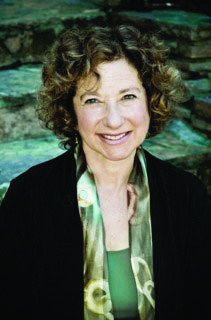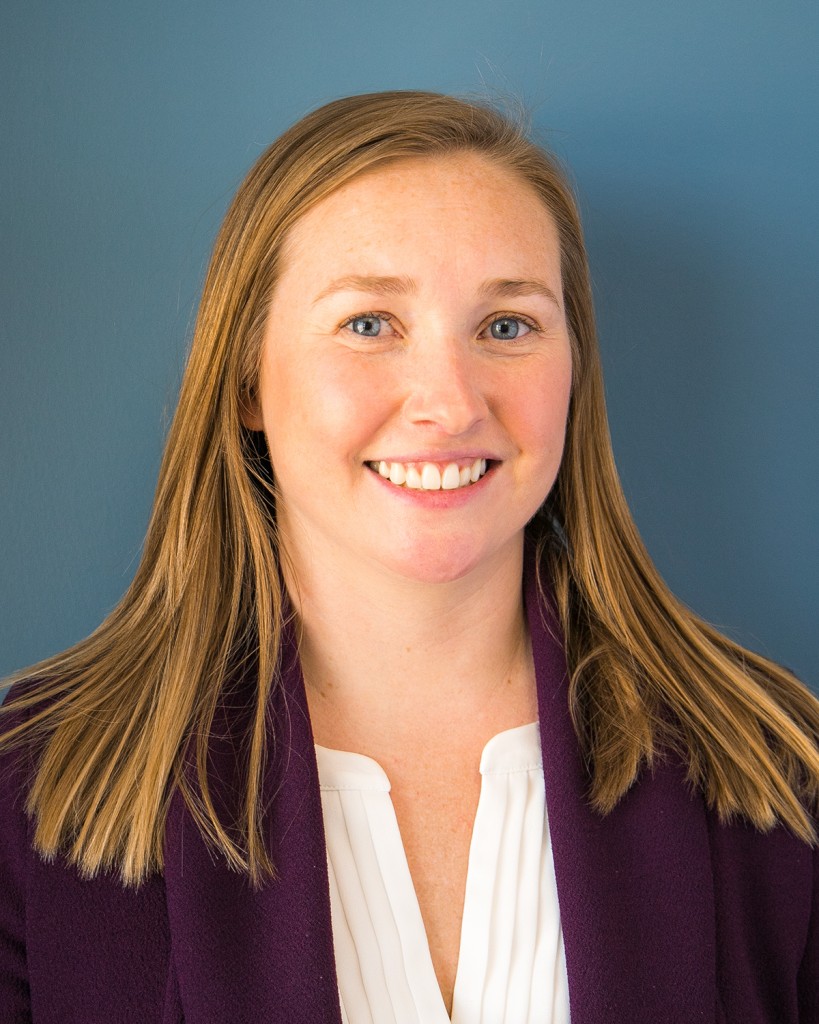Part of the National Alzheimer’s and Dementia Resource Center web seminar series, sponsored by the Administration for Community Living.
The National Alzheimer’s and Dementia Resource Center webinar series is open to the public and all are welcome to attend.
ASA membership is not required.
Includes Complimentary CEs*
*This web seminar is approved for AoTA contact hours in addition to CEs approved for all ASA web seminars.
If you require ADA accommodation to participate in this web seminar, please contact Steve Moore at your earliest convenience to make arrangements – smoore@asaging.org
Community-based services and supports for people living with dementia and their caregivers may not target the specific needs and concerns of people in some underserved communities. This web seminar will provide two program examples that strive to meet the needs of specific underserved groups including the Latino population, and persons with intellectual and developmental disabilities and dementia.
The multicultural population served by Alzheimer’s Los Angeles presents challenges for delivery of disease and caregiver education. Different cultural groups view Alzheimer’s disease and related dementias (ADRD) differently; for some it is heavily stigmatized. Literacy levels vary and groups view caregiving through different family structures and perspectives. The “Lost Memories” telenovela approaches caregiver education through a popular medium—the soap opera. It strives to make this education accessible to Latino families struggling to cope with ADRD.
Reducing Disability in Dementia (RDAD) is an exercise and behavioral management program that has been shown to reduce perceived disability and increase active days among persons with ADRD, as well as to reduce unmet needs among caregivers. Led by the University of Kansas Alzheimer’s Disease Center, a regional network of organizations that provide supports and services in the Kansas City region leveraged the use of mobile technology to deliver the RDAD program to people with intellectual and developmental disabilities who have or are at risk for ADRD, and their caregivers.
Participants in this web seminar will be able to:
- Describe the challenges of providing dementia education cross-culturally;
- List tools that can bring dementia information to diverse ethnic communities;
- Identify the challenges and successes associated with using the RDAD program to support individuals with intellectual and developmental disabilities who have or are at risk for ADRD and their caregivers; and,
- Describe the use of mobile technology to deliver the RDAD program to individuals with intellectual and developmental disabilities who have or are at risk for ADRD, and their caregivers.
Presenters:
 Dr. Debra Cherry is executive vice president of Alzheimer’s Los Angeles. For 30 years, Alzheimer’s Los Angeles has been a leader in the development of award-winning, innovative tools and strategies for supporting ethnically diverse family caregivers. Some of these programs include El Portal and the Dementia Care Network Model, Savvy Caregiver Express, plain language Caregiver Tip Sheets, the IDEA!
Dr. Debra Cherry is executive vice president of Alzheimer’s Los Angeles. For 30 years, Alzheimer’s Los Angeles has been a leader in the development of award-winning, innovative tools and strategies for supporting ethnically diverse family caregivers. Some of these programs include El Portal and the Dementia Care Network Model, Savvy Caregiver Express, plain language Caregiver Tip Sheets, the IDEA!
 Dr. Kelli Barton is a gerontologist and senior research associate at the University of Missouri Kansas City Institute for Human Development, a University Center for Excellence in Developmental Disabilities.
Dr. Kelli Barton is a gerontologist and senior research associate at the University of Missouri Kansas City Institute for Human Development, a University Center for Excellence in Developmental Disabilities.

